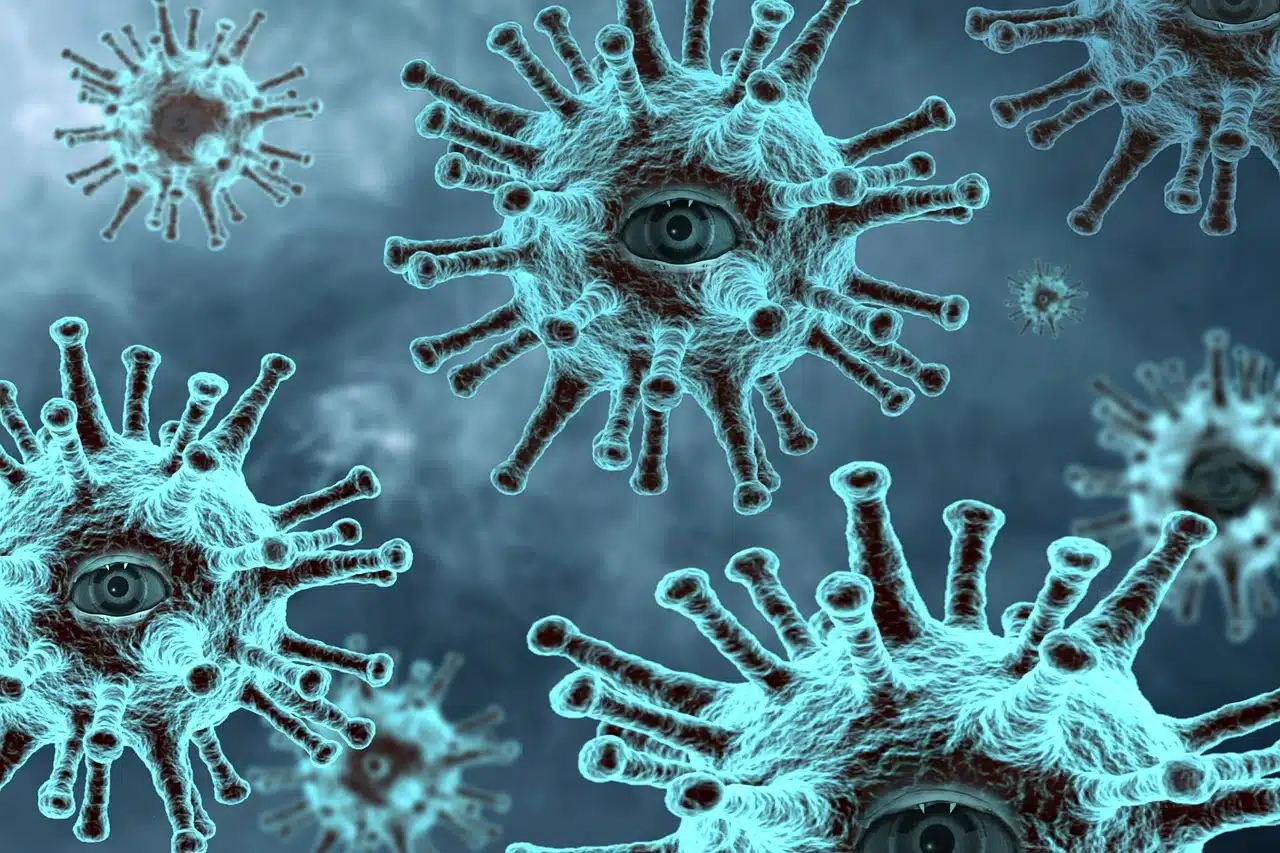Introduction:
Immunology, the study of the immune system and its intricate interactions with pathogens, represents a cornerstone of biomedical science with profound implications for human health and disease. From defending against microbial invaders to maintaining tissue homeostasis and recognizing and eliminating cancerous cells, the immune system plays a pivotal role in safeguarding the integrity of the body. In this article, we embark on a journey into the captivating realm of immunology, uncovering its fundamental principles, evolutionary adaptations, and transformative applications in medicine and beyond.
The Immune System: Guardians of Health and Homeostasis:
At its core, the immune system is a complex network of specialized cells, tissues, and organs that work in concert to protect the body from infectious agents, toxins, and other foreign substances while maintaining tolerance to self. The immune response is orchestrated by a diverse array of cells, including lymphocytes (B cells and T cells), macrophages, dendritic cells, and granulocytes, each endowed with unique functions and capabilities. Through a finely tuned interplay of innate and adaptive immune mechanisms, the immune system mounts tailored responses to specific threats, thereby conferring protection against a myriad of pathogens.
Recognition and Response: The Key Tenets of Immunology:
Central to the functioning of the immune system is its remarkable ability to distinguish self from non-self and to recognize and eliminate foreign invaders while sparing healthy tissues. This process of immune recognition relies on an intricate array of receptors, such as the antigen receptors on T and B cells, pattern recognition receptors (PRRs) on innate immune cells, and major histocompatibility complex (MHC) molecules for antigen presentation. Upon recognition of pathogens or danger signals, the immune system mobilizes a diverse array of effector mechanisms, including phagocytosis, cytokine secretion, antibody production, and cytotoxic T cell-mediated killing, to neutralize the threat and restore homeostasis.
Immunological Memory and Vaccination:
One of the most remarkable features of the immune system is its capacity to develop long-lasting immunological memory following exposure to pathogens or vaccination. Memory B cells and memory T cells, generated during the primary immune response, retain the ability to mount rapid and robust responses upon re-encounter with the same pathogen, conferring protection against reinfection. This phenomenon forms the basis of vaccination, whereby exposure to attenuated or inactivated pathogens or their components primes the immune system to mount protective responses without causing disease. Vaccination has played a pivotal role in controlling infectious diseases and has emerged as one of the most effective public health interventions in history.
Immunology in Health and Disease:
Immunology not only underpins our understanding of infectious diseases but also holds profound implications for a wide range of conditions, including autoimmune disorders, allergies, cancer, and immunodeficiencies. Dysregulation of the immune system can lead to autoimmune reactions, where the immune system mistakenly attacks self-tissues, as seen in diseases like rheumatoid arthritis, lupus, and multiple sclerosis. Conversely, impaired immune function can predispose individuals to recurrent infections or increase the risk of cancer development. By elucidating the underlying immunological mechanisms driving these diseases, immunologists strive to develop targeted therapies to restore immune balance and alleviate disease burden.
Emerging Frontiers in Immunology:
Recent advancements in immunology have led to groundbreaking discoveries and transformative technologies that are reshaping the landscape of biomedical research and clinical practice. From the development of immune checkpoint inhibitors for cancer immunotherapy to the engineering of chimeric antigen receptor (CAR) T cells for precision medicine, immunology is revolutionizing the treatment of cancer and other diseases. Moreover, the advent of high-throughput sequencing, single-cell analysis, and systems immunology approaches is enabling a deeper understanding of immune system dynamics and the development of personalized immunotherapies tailored to individual patients’ immune profiles.
Conclusion:
Immunology stands as a testament to the remarkable complexity and adaptability of the human immune system, offering profound insights into the mechanisms of host defense and tolerance. As we continue to unravel the intricacies of immunological processes and harness the power of immunotherapy, we move closer to realizing the vision of personalized medicine, where therapies are tailored to the unique immunological characteristics of each individual. By embracing the principles of immunology, we hold the key to unlocking new frontiers in health and disease and improving the lives of millions worldwide.


